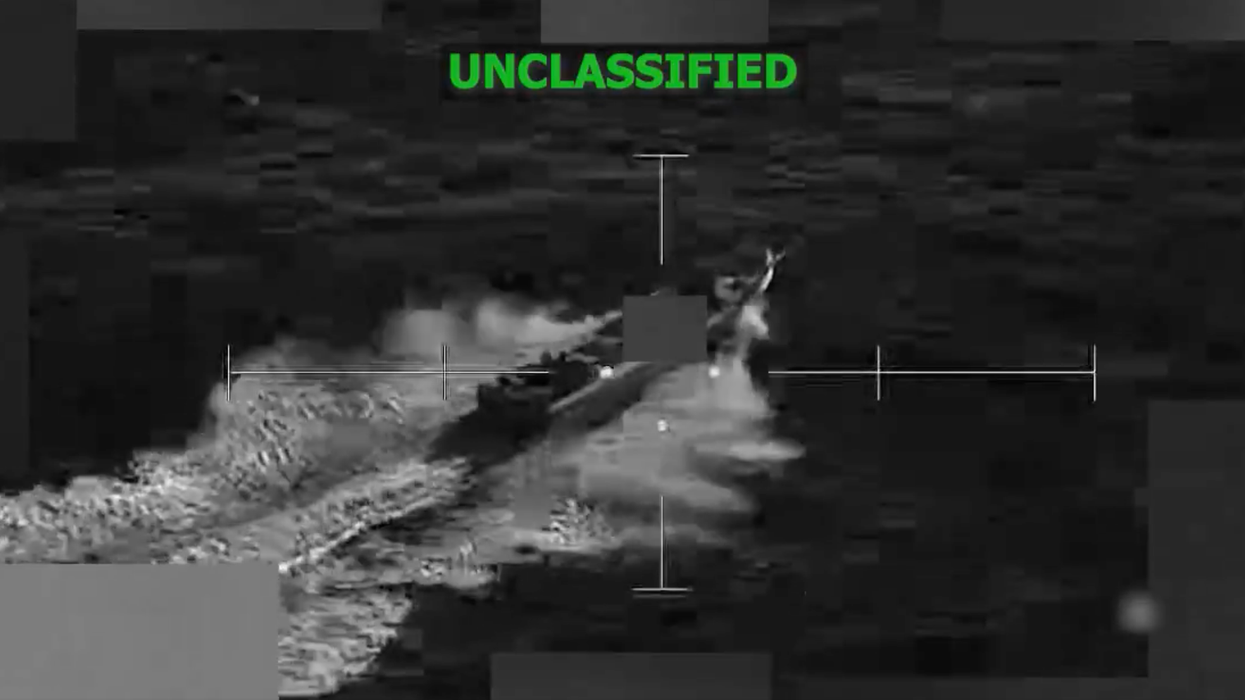"The Obama Administration's proposed 2011 budget
falls short of what is needed to protect consumers by underfunding food
safety and water infrastructure, while devoting government resources
to promoting unsustainable methods of producing food.
"While consumers are left
to cope with almost constant recalls of potentially contaminated meat,
the Obama budget would shrink critical programs like the United States
Department of Agriculture's (USDA's) inspection of imported meat
and poultry. Cash-strapped communities around the country are
struggling to repair and upgrade aging water systems, but the proposed
budget fails to meet the growing need for investment in this critical
public infrastructure. And while underfunding these vital programs,
the administration proposes to increase funding for intensive open ocean
aquaculture, a method for raising fish that damages the environment,
harms wild fish populations, and relies on chemical inputs and drugs
to compensate for stressful growing conditions.
As it considers the 2011 budget,
Congress must ensure that vital food safety and water infrastructure
programs are adequately funded, and that taxpayer dollars are not being
used to promote controversial and unsustainable fish production systems."
Background: Weakening Food
Safety
"The proposed budget for
USDA's Food Safety and Inspection Service may not cover the additional
workload of the department's inspectors. It shows an increase of 1.2
percent, yet projects the number of slaughter facilities to increase
by 7.8 percent and processing facilities to increase by 2.2 percent.
Because these new facilities will require continuous government inspection,
this proposed budget puts an already stretched FSIS workforce under
increased pressure.
"What is even more troubling
is that the proposed budget would cut funding for FSIS' import inspection
program by 15.8 percent. Since FY 2004, the FSIS budget has included
between $18 million to $20 million per year to conduct audits of
foreign facilities that export meat, poultry and egg products to the
United States and to conduct re-inspections of those products at U.S.
ports-of-entry. The Obama proposal cuts that program to $16 million,
even though it is projecting an increase of 5.6 percent in the volume
of imported meat and poultry products. While part of the reduction is
due to a delay in the implementation of a new catfish inspection program,
any reduction in import inspection is troubling given the recent safety
record of imported food.
"It is encouraging that the
proposed budget would substantially increase the number of microbiological
and antibiotic residue samples collected and analyzed in FY 2011, but
we hope that the agency will have enough inspection personnel to collect
those samples, as well as scientists to conduct the tests.
"While the re-inspection
fee included in the proposed budget is appropriate, the proposal for
a facility registration fee is not. We do not see the merits in assessing
this fee on plants, which are required by law to be inspected by USDA,
unless the goal of the fee is to serve as a device to curtail future
appropriations."
For more information, contact Tony Corbo (202) 683-2449.
Background: Communities
Face Water Funding Shortfall
"The President's budget
request of $3.3 billion for funding our water and wastewater infrastructure
leaves billions of dollars of unmet need. A recent study by the
Environment Council of the States found that 33 states have an immediate
need for $56 billion for water and wastewater projects.
Across the country, sewer pipes and water mains are crumbling - we
need a stronger investment in fixing our infrastructure now.
"In addition to investing
in water infrastructure so we can provide safe drinking water and properly
manage wastewater, the federal government should also be assessing available
water resources. Most people are surprised to discover that, as
a nation, we do not know how much water we have, where it is, or who
is using it. In order to make sound decision about national water
policy we need to strengthen our funding of the United States Geological
Survey's (USGS's) groundwater program. The $2.7 million included
in the budget request will help, but we need a new commitment to mapping
our groundwater. Congress should ensure that USGS is given the
funding than the agency needs."
For more information, contact
Mitch Jones, (202) 683-2477.
Background: Promoting Unsustainable Fish Production
The President's budget would
increase by $2 million the National Oceanic and Atmospheric Administration's
(NOAA's) budget for promoting and approving open ocean aquaculture,
the industrialized fish farm operations that damage the environment,
harm wild fish populations, and put consumer health at risk.
"The proposed budget calls
for money to be devoted to implementing a controversial Bush Administration
plan for open ocean aquaculture in the Gulf of Mexico, a plan that is
currently being challenged in federal court. The use of taxpayer
dollars to promote this unsustainable industry is unacceptable, especially
after vows of belt-tightening from the President. Rather than
increasing NOAA's capacity to promote and approve new large-scale
open ocean fish farms, Congress should provide funding for research
on sustainable fisheries management and small-scale, closed system aquaculture
systems.
The FY2011
budget includes $2,352,000 for more staff and research on aquaculture.
A major concern is that important dollars will be wasted to simply check
off that "research" has been done and then move forward with
swift development of ocean fish farming. For years, NOAA has pushed
offshore fish farms as critical for domestic seafood production, refusing
to even consider other more sustainable options, like land-based recirculating
aquaculture systems (RAS). Ocean aquaculture globally has been associated
with serious problems like pollution, escape of farmed fish and conflicts
with other ocean uses in particular, commercial fishing. RAS can actually
meet the goals stated for offshore aquaculture - reducing overfishing,
increasing domestic seafood supply, and providing more green jobs without
conflicting with fishermen. Taxpayer dollars should be put toward research
for RAS, not ocean aquaculture.
"Given our current jobs crisis
and our massive national debt, to spend millions on implementing a program
that privatizes fishing access privileges, puts people out of work,
and does little to help the environment is irresponsible."
For more information, contact
Marianne Cufone, (813) 785-8386.




